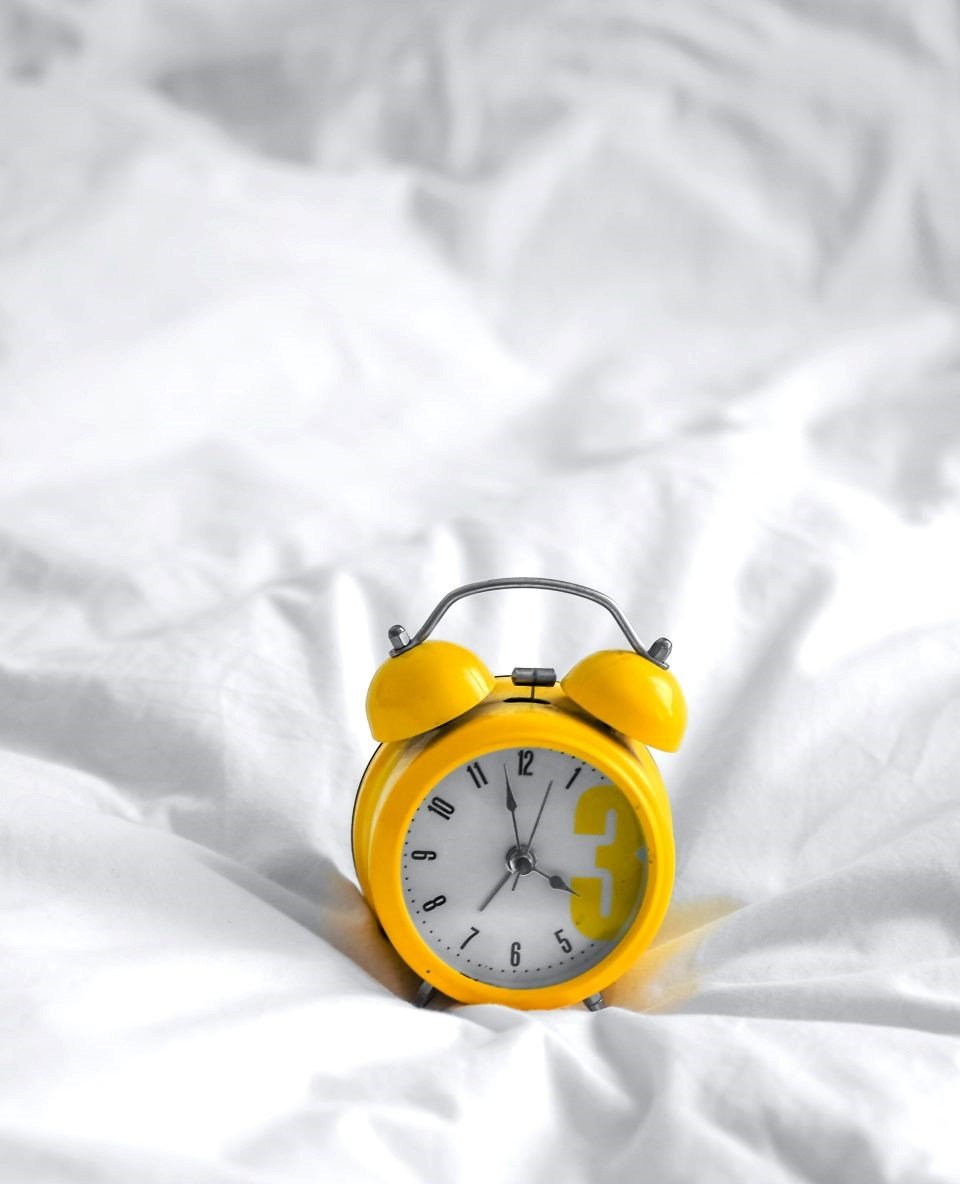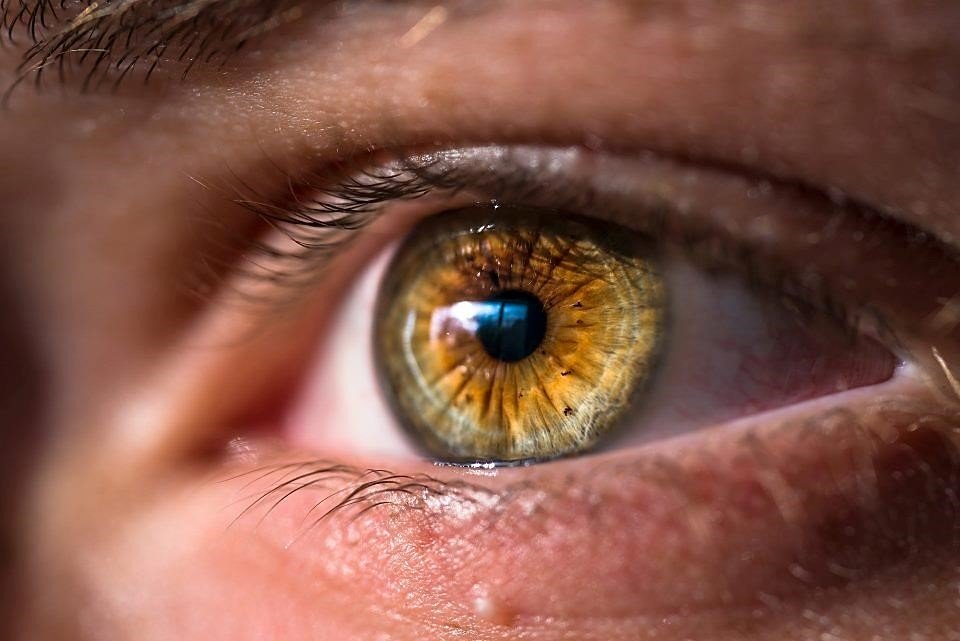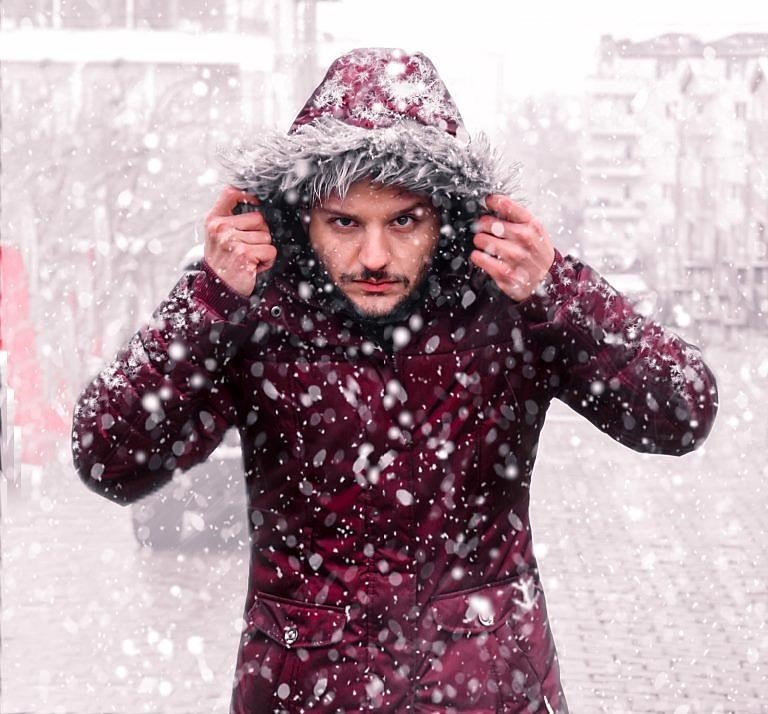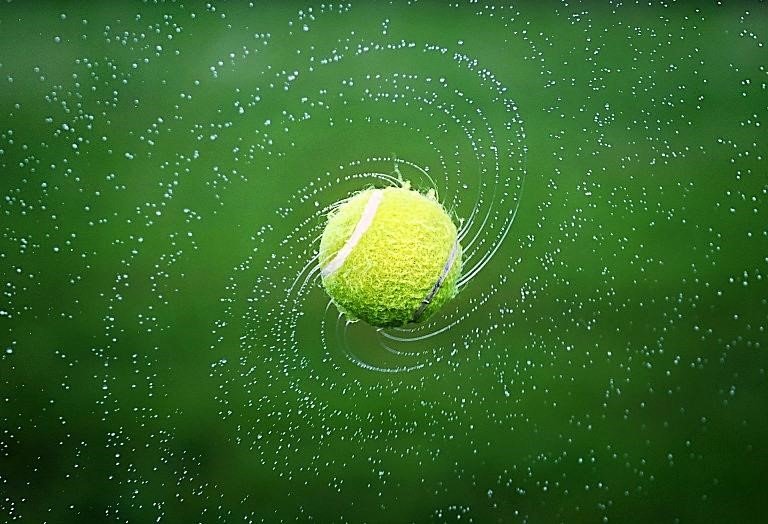
by Fern Shaw | Apr 19, 2021 | water cooler
Feeling lethargic during seasonal change is nothing new. How you counter that lethargy though, could be new as well as quite life changing as to how it affects your day.
One of the simplest methods to counteract sleep lethargy impugning on the rest of your day is to drink water as soon as you wake up.
Drinking water first thing in the morning:
Jump-starts your metabolism. The food we consume on a daily basis is metabolised and transported by way of water throughout the body. Having a sufficient amount of water in your system helps fire up your metabolism; it can also help with not eating too much. When we’re not adequately hydrated, we often mistake thirst for hunger, which can lead us to eat more.*
Helps fuel your brain. When it comes to daily productivity, hydration is crucial. The human brain consists of 73% water, so staying hydrated is especially essential for maintaining optimal brain activity. It is, of course, a daylong process, but starting with a glass of water right away is a step in the right direction.
The mornings set the tone for the rest of your day. If you feel sluggish, it will reflect in your morning activities/workouts, productivity at work, in fact, any daytime routine.*
Immediately helps rehydrate the body. Sleeping for hours is a long time to go without any water consumption. Drinking at least a glass (or two) of water right when you wake up is a good way to quickly rehydrate your body. So before you reach for that cuppa or coffee, rather refresh with water and kick start your day in the right manner.*
Increases your level of alertness. One of the biggest indicators of lethargy or low energy is that you are dehydrated. Because water aids in both body regulation and brain function, it is also closely related to balancing out our moods.
After a long period without anything to eat or drink, the first thing you consume in the morning can be a shock to the body. If that first thing is water, it will get the body working and can boost your alertness and low energy levels.*
Remember AquAid for all your water cooler and fresh drinking water requirements. With our decades of experience, you can rely on our expert knowledge to guide you in which of our high-quality range of water dispensers is the perfect install for your hydration needs.
sources: *from an article at Business Insider speaking to Nutritionist Rania Batayneh

by Fern Shaw | Apr 9, 2021 | water cooler
Eyes contain a whole universe their own. Some of the names of parts of the eye include trenches, radial contraction folds of Schwalbe, cones, rods and more Latin than one can oculus.
Whereas we often refer to how vital drinking enough water is to our body’s health and well-being, and in particular, how much water is needed for optimal organ function, there is a tendency to focus on the more obvious, such as heart or kidney health.
The truth is our eyes, just as with any other body part, require us to drink enough water in order to stave off reduced function, infection and poor eye health.
Dry eye occurs when there are insufficient tears to nourish the eye, and tears are necessary for providing clear vision. Tears wash away foreign matter in the eye and help reduce the risk of eye infections. Symptoms of dry eyes include irritation, excess watering, blurred vision and feeling foreign matter in the eye. As a symptom of dehydration, the best treatment for dry eye is rehydrating by drinking plenty of water.*
It’s also wise to be mindful of how much you blink: in an age where the average adult’s screen time is 8 hours and 41 minutes per day, and screen use has been found to reduce the amount we blink, it makes sense to close our eyes a little bit more. Each time we blink, we moisten our eyes with tears, banishing some of the classic, uncomfortable dry eye symptoms.**
What has become a common problem is referred to as ‘computer vision syndrome’ – an umbrella term for conditions that result from looking at a computer or smartphone screen. According to Dr. Matthew Gardiner, an ophthalmologist with Harvard-affiliated Massachusetts Eye and Ear Infirmary, “It’s most prevalent with computers, and typically occurs when looking at a screen at arm’s length or closer.”
All said it’s rather encouraging there is potentially such a simple solution to healthier, hydrated eyes – drink water and blink more. Should you wish to find out more about installing an AquAid water cooler, providing a constant supply of refreshing drinking water, leaving not a dry eye in the house (or premises or your organisation), contact us.
sources: *from a blog by Kate Green, Optimax Eye Surgery **from an article at essilor

by Fern Shaw | Mar 16, 2021 | touch free water coolers, water cooler, water dispenser
Dehydration is serious for all of us, but not more so than to our children. Children, especially those younger than ten, are often unaware of the need to drink water regularly and will only do so when they are already thirsty. By this time, their cognitive function is already reduced, by up to 20%. This loss of function affects their ability to concentrate, assimilate information as well as easily perform both mentally and physically.
Here, at AquAid, we understand how vital it is to have easy access to a constant supply of drinking water throughout the school day. This is why we have made sure that we have a range of high quality water coolers available, specifically designed to cater for a high demand of refreshing water on a continual basis.
High capacity water dispensers like the AquAid Hydrator. Designed specifically for use in schools and high usage areas, this mainsfed unit can supply up to 40ℓ of cold drinking water per hour.
Another suitable option is the AquAid Ecofill Touch-Free water dispenser; offering a host of features that include a non-contact dispense point; large bottle clearance height; ‘Freshield’ anti-microbial components and electricity free function.
The AquAid Hydrator and AquAid Ecofill Touch-Free are but two examples of a range of suitable water dispensers ensuring children have easy access to drinking water.
After all, a properly hydrated child means a healthier and happier child – more able to pay attention in class, a better capacity to learn while having sufficient (but not sugar-filled) energy to get through the day.
Not sure which water cooler is best for your school’s requirements? Not to worry, contact us at AquAid and one of our experts will guide you to establish the optimum water cooler for use at your school, gym or play area.

by Fern Shaw | Feb 23, 2021 | water cooler
While the current cold weather seems wont to extend its icy hold over the UK our instinct may be to hydrate less, this is a mistake.
When it’s cold, we may tend to think that we dehydrate less easily than we do when it’s warm, but this is often not the case. *What occurs is the body’s thirst response diminishes – as much as by forty percent, even when we’re already dehydrated. This happens due to the body’s blood vessels constricting when cold in order to prevent blood from flowing freely to the extremities. This enables the body to conserve heat by drawing more blood to its core. Because of this, the body is fooled into thinking it has properly hydrated, e.g. you don’t feel as thirsty and your body doesn’t conserve water. What may also occur is as you are less inclined to drink more water voluntarily; your kidneys don’t receive the signal to conserve water and urine production increases, again potentially leading to dehydration.
This increased urine production and reduced thirst response are only two of the contributing factors. Some others include:
- When wearing multiple, heavy layers of clothing, our bodies have to work between ten and forty percent harder. As such, we sweat more and lose more fluid.
- We also experience increased respiratory loss. This is when you lose water vapour through your breath, which means there is an increase of fluid leaving your body.
- The fact that sweat evaporates more quickly in cooler temperatures means your body is, once again, fooled into thinking you need less fluid.
The simplest method to counteract cold weather dehydration is to keep an eye on how often you drink water, similar to how you would during warmer weather. If you usually make regular trips to replenish your water container from the work water cooler, carry on doing so. Should you work from a home office or remote location, set a repeat alarm on any tech gadget you use. If chilled water is too much to consider drinking, drink ambient (indoor) temperature water. If you can only consider drinking piping hot water drinks, that’s fine, however, try to balance out each hot drink with a drink of cool water and keep yourself healthy and hydrated come rain, snow or ice.
*source: First Aid For Life

by Fern Shaw | Jan 28, 2021 | water cooler
Benefit? Advantage? Are we playing tennis or are we referring to what installing an AquAid Hot Water Boiler, Water Cooler or Instant Taps does for you? Being as we are the UK’s leading water cooler supplier, you can safely assume we are referring to the advantages...





